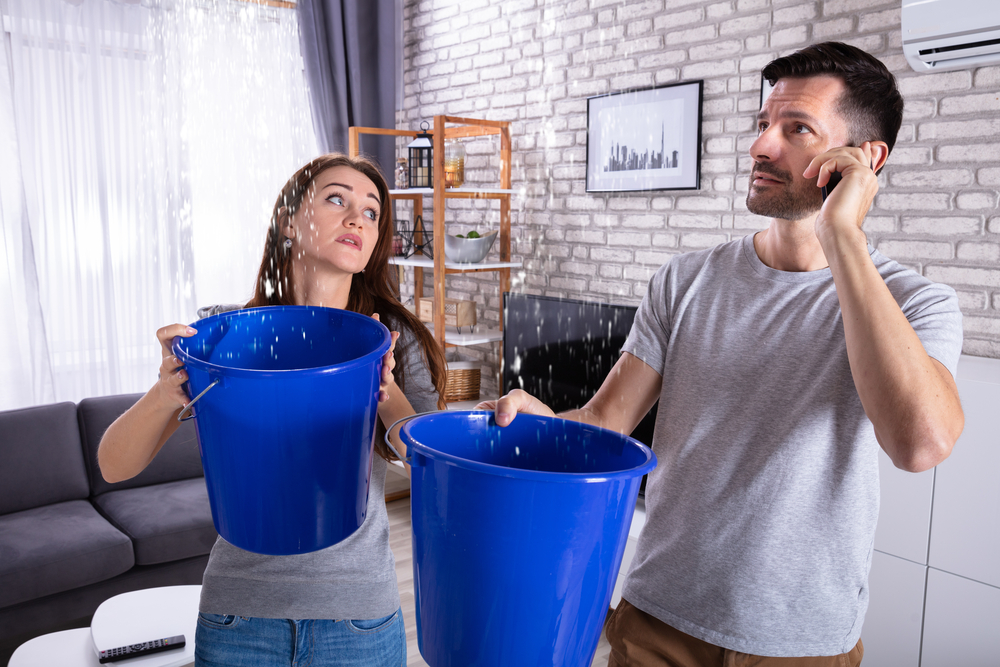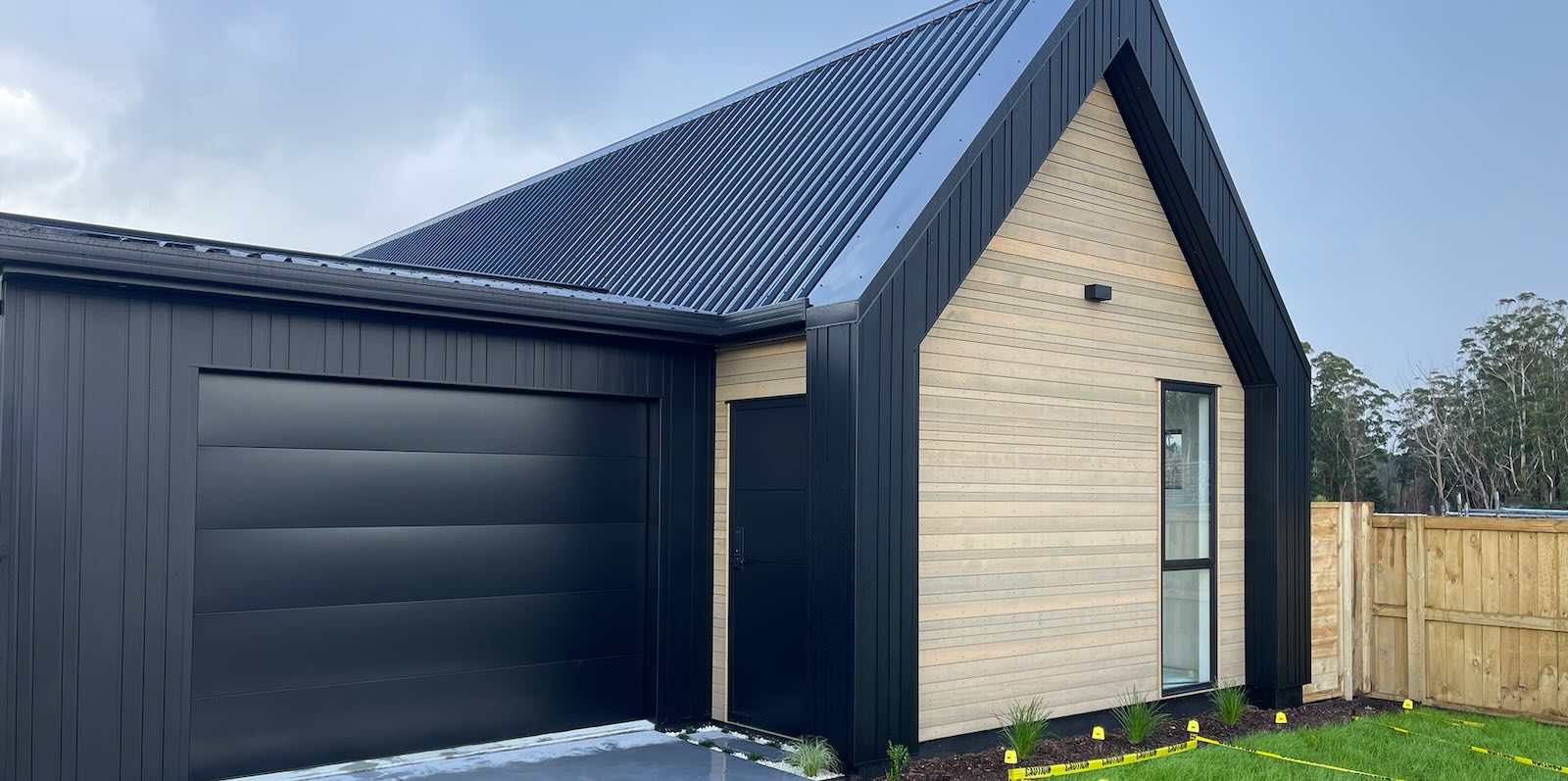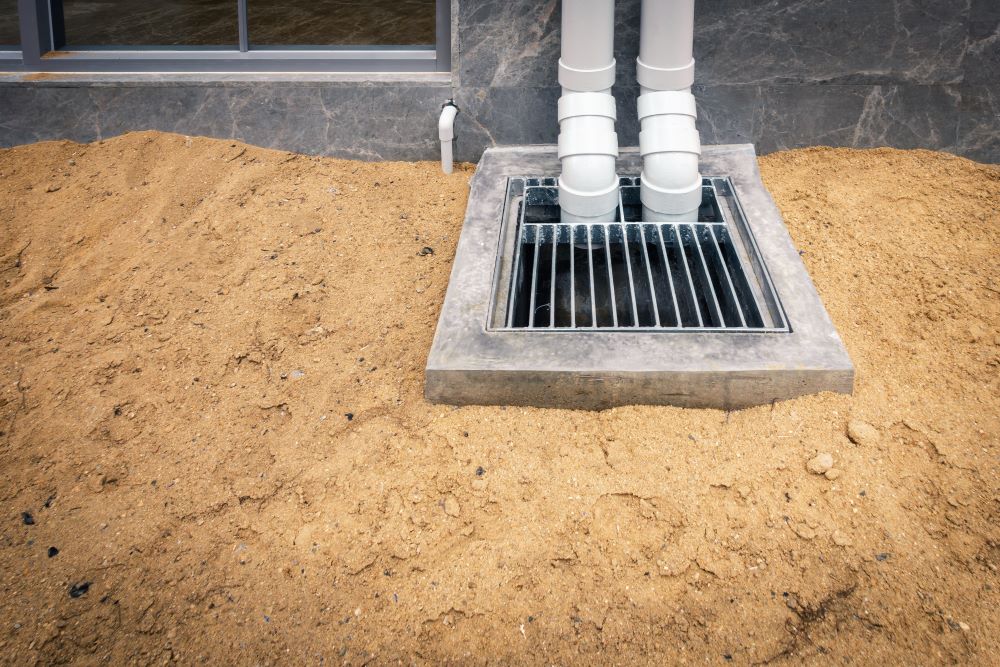Plumbing emergencies are never welcome visitors, especially in Wellington’s unique climate. The city’s fluctuating temperatures and coastal conditions introduce specific challenges for homeowners. Freezing temperatures in winter can lead to pipes bursting, while high humidity and salt from the sea can accelerate wear and tear on plumbing systems.
From a burst pipe that transforms your living room into a small lake to a persistent blockage that disrupts your daily routine, staying calm and acting swiftly is essential. Understanding these local challenges and being prepared can make all the difference when dealing with plumbing crises.
Understanding the common hazards
Plumbing problems can vary from minor annoyances to serious emergencies. Here are some frequent issues to watch for:
Burst pipes
A burst pipe can quickly turn your home into a watery battlefield. This often happens due to freezing temperatures, old pipe age, or excessive water pressure. The resulting water damage can be extensive, affecting walls, floors, and electrical systems.
Blocked drains
Clogged drains are a common household nuisance, but they can escalate into a major problem. Hair, grease, food scraps, and other debris can build up in your pipes, causing slow drainage, gurgling sounds, and eventually, a complete blockage. This can affect your kitchen sink, bathroom basins, and toilets.
Leaky toilets
A persistent toilet leak might seem minor, but it can waste a significant amount of water and increase your water bill. Over time, it can also damage the toilet or surrounding area.
Hot water system failures
There’s nothing quite like stepping into a cold shower to start your day. A malfunctioning hot water system can be caused by a variety of issues, including a broken element, thermostat problems, or a build-up of sediment. This can be particularly unpleasant during the colder months.
Sewer Backup
A sewer backup is another serious health hazard that requires immediate attention. It occurs when wastewater backs up into your home through drains, toilets, or floor drains.
Gas Leaks
A gas leak is extremely dangerous and requires immediate evacuation. If you suspect a gas leak, leave your home immediately and call emergency services. These problems can be caused by a combination of factors, including the age of your plumbing system, the quality of materials used, and external factors like weather conditions.
ALSO READ: 24/7 Emergency Plumbing in Christchurch: What You Need to Know
Essential Tools for the DIY Plumber
Having the right tools on hand can make a big difference when tackling minor plumbing issues. Here’s a breakdown of essential tools for your DIY plumbing toolkit:
Basic Tools
- Adjustable wrench: A versatile tool with adjustable jaws that can be used to tighten or loosen nuts and bolts of various sizes on faucets, pipes, and fittings.
- Pipe wrench: Specifically designed for gripping and turning pipes without damaging them. Its serrated jaws provide a strong grip.
- Pliers: Used for gripping and cutting wires, as well as bending and shaping small metal parts. Slip-joint pliers offer adjustable jaws for versatility.
- Plumber’s putty: A soft, pliable material used to create watertight seals around faucets and drains, preventing leaks.
- Teflon tape (plumber’s tape): Helps create a tight seal on threaded pipe connections to prevent leaks. Wrap it clockwise around the male threads before assembly.
- Plunger: Essential for clearing clogged drains. Choose a plunger designed for toilets or sinks, as they have different shapes.
- Bucket: Used to catch water or debris during plumbing tasks.
- Shop vac: A wet/dry vacuum cleaner is useful for cleaning up spills and water quickly and efficiently.
Specialised Tools
- Basin wrench: Used to access and tighten nuts behind sinks, where a standard wrench might not fit.
- Pipe cutter: For cutting copper or plastic pipes cleanly and accurately.
- Hacksaw: For cutting metal pipes.
- Caulk gun: Used to apply caulk around sinks, tubs, and showers to prevent leaks.
- Level: Ensures pipes and fixtures are installed correctly and evenly.
Safety Gear
- Work gloves: Protect hands from dirt, grime, sharp edges, and potential bacterial contamination.
- Safety glasses: Shield eyes from splashes, debris, and potential chemical exposure.
Always prioritise safety when working on plumbing projects. With these basic tools, you can tackle many common plumbing tasks like fixing a leaky faucet or unclogging a drain.
When to Call a Plumber
While many minor plumbing issues can be resolved with DIY solutions, there are instances when professional expertise is vital. Here are red flags that indicate it’s time to call a plumber:
Emergency Situations
A sudden and significant water leak from burst pipes can cause extensive damage to your home, including walls, floors, and electrical systems, making professional help crucial to prevent further damage and restore water supply.
Similarly, a sewage backup is a serious health hazard requiring immediate attention from a qualified plumber to prevent contamination and potential health risks. Additionally, any suspected gas leak is a dangerous situation that demands immediate evacuation of the premises and a call to emergency services.
Persistent Plumbing Problems
If you’ve tried multiple methods to unblock a drain without success, a professional plumber can use specialised equipment to clear the blockage effectively. Persistent low water pressure might indicate underlying issues such as pipe corrosion, sediment buildup, or a problem with the water main.
If you’re unable to diagnose or fix water heater issues despite your efforts, a plumber can identify and resolve the problem. Additionally, persistent toilet leaks, overflows, or clogs that cannot be resolved with basic troubleshooting require professional attention.
Complex Plumbing Projects
Repiping, which involves replacing your home’s entire plumbing system, is a major undertaking that requires not only expertise but also the appropriate permits to ensure compliance with local regulations.
Similarly, bathroom or kitchen remodels often involve significant plumbing work, and a professional can ensure that all installations are performed correctly, safely, and in line with code requirements. Furthermore, if the water line to your home becomes damaged or frozen, it is essential to call a plumber to repair the issue, as this can restore water supply and prevent potential flooding or further damage.
These scenarios underscore the importance of professional plumbing services in maintaining the functionality and safety of your home’s plumbing system.
Why You Need a Professional Plumber
While many homeowners are tempted to tackle plumbing issues themselves, there are several compelling reasons to call a professional plumber:
Expertise and Knowledge
Plumbers undergo rigorous training and certification to understand plumbing systems, codes, and regulations, ensuring they can accurately diagnose and address complex issues. This in-depth training equips them with the knowledge necessary to handle a wide range of plumbing challenges, from installations and repairs to compliance with local building codes.
Their expertise includes strong problem-solving skills, allowing them to identify the root cause of plumbing problems, which is crucial in preventing temporary fixes and recurring issues. By offering long-term solutions, plumbers help maintain the health and efficiency of your plumbing system, ensuring it operates smoothly and reliably.
This comprehensive approach not only addresses immediate concerns but also helps to avoid future complications, saving homeowners time, money, and frustration.
Specialised Tools and Equipment
Professional plumbers have access to specialised tools and equipment, such as drain snakes, pipe cutters, and leak detection devices, which are essential for efficient and effective repairs. These advanced technologies enable plumbers to tackle complex plumbing issues with greater ease and accuracy. The precision offered by these tools allows plumbers to work meticulously, ensuring high-quality repairs while minimising damage to your home.
By using state-of-the-art equipment, plumbers can quickly locate and address problems, whether it’s a hidden leak or a stubborn clog, reducing the overall disruption to your daily life. This combination of advanced technology and precision work not only enhances the effectiveness of repairs but also extends the lifespan of your plumbing system, providing you with peace of mind and reliable performance.
Ensuring Safety
Plumbing work often involves handling hazardous materials, such as gas and sewage, which pose significant risks if not managed properly. Plumbers are trained to handle these dangers safely, protecting your home and family from potential hazards like gas leaks, sewage backups, and exposure to harmful substances. Their expertise in risk mitigation ensures that all plumbing tasks are carried out with the highest safety standards in mind.
Additionally, plumbers are well-versed in local plumbing codes and regulations, guaranteeing that all work is performed legally and up to code. This compliance is crucial not only for safety but also for preventing potential legal issues and ensuring that your plumbing system meets all required standards.
By combining their knowledge of safety protocols and code compliance, plumbers provide a comprehensive service that safeguards your home, ensures legal adherence, and delivers high-quality results.
Time and Cost Savings
Professional plumbers have the experience and tools to complete repairs quickly and efficiently, minimising disruption to your daily life. By addressing issues promptly and correctly, they can prevent small problems from escalating into larger, more expensive repairs. Additionally, many reputable plumbers offer warranties on their work, providing peace of mind and protection against future problems.
This combination of efficient repairs, preventive measures, and reliable guarantees ensures that your plumbing system remains in good condition, ultimately saving you time, money, and stress.
While DIY plumbing can be tempting, hiring a professional plumber can save you time, money, and potential headaches. For complex or persistent plumbing issues, it’s always recommended to seek expert assistance.
Preventing Plumbing Emergencies in Future
Regular maintenance and mindful habits can significantly reduce the risk of plumbing disasters. Let’s explore how:
Routine Inspections and Maintenance
Conducting routine inspections and maintenance of your plumbing system is essential for preventing costly repairs and ensuring its longevity. Regularly check your plumbing system at least once a month, looking for signs of leaks, drips, or unusual noises around sinks, toilets, and pipes, and pay close attention to any changes in water pressure or temperature.
For drain maintenance, pour hot water down the drains weekly to help dissolve grease and food particles, use drain covers to catch hair and debris, and avoid harsh chemicals that can damage pipes.
When it comes to toilet care, regularly inspect for leaks around the base of the toilet and the water supply line and ensure only toilet paper is flushed to avoid blockages. Water heater maintenance is equally important; flush the water heater annually to remove sediment buildup, check the anode rod for corrosion and replace it as needed, and insulate the water heater to prevent heat loss.
Water Usage and Conservation
Practicing water usage and conservation in your home involves several key habits and precautions. Use your garbage disposal sparingly and avoid grinding hard or fibrous materials, as these can cause blockages and damage the disposal. Adopt water-saving practices such as taking shorter showers, fixing leaky faucets promptly, and installing low-flow showerheads to reduce water consumption.
Regularly inspect plumbing fixtures and replace worn-out washers, gaskets, and seals in faucets and toilets to prevent leaks and maintain efficiency. Moreover, avoid plumbing abuse by not flushing items like wipes, sanitary products, or cotton swabs down the toilet, as these can cause serious blockages and damage to your plumbing system.
By incorporating these water-saving and maintenance habits, you can conserve water, reduce utility bills, and extend the life of your plumbing infrastructure.
Pipe and System Protection
To protect your plumbing system, insulate exposed pipes to prevent them from freezing during cold temperatures. Plant trees and shrubs at a safe distance from sewer lines to avoid root intrusion that can damage pipes.
Additionally, locate your main water shut-off valve and familiarise yourself with its operation to quickly address any emergencies. By integrating these preventive measures into your routine, you can significantly reduce the likelihood of plumbing emergencies and safeguard your home from potential damage.
The Bottom Line
In conclusion, addressing plumbing emergencies effectively requires a blend of preparedness, knowledge, and timely intervention. Whether dealing with the specific challenges posed by Wellington’s climate or general plumbing issues, having a solid understanding of common problems, essential tools, and when to seek professional help can make a significant difference.
By implementing regular maintenance practices, adopting water-saving habits, and protecting your plumbing system, you can prevent many issues before they escalate. Remember, while DIY solutions can be effective for minor repairs, professional plumbers offer expertise and resources that ensure complex or persistent problems are resolved efficiently and safely.
With these strategies, you can safeguard your home from plumbing disasters and maintain a reliable and functional system.


